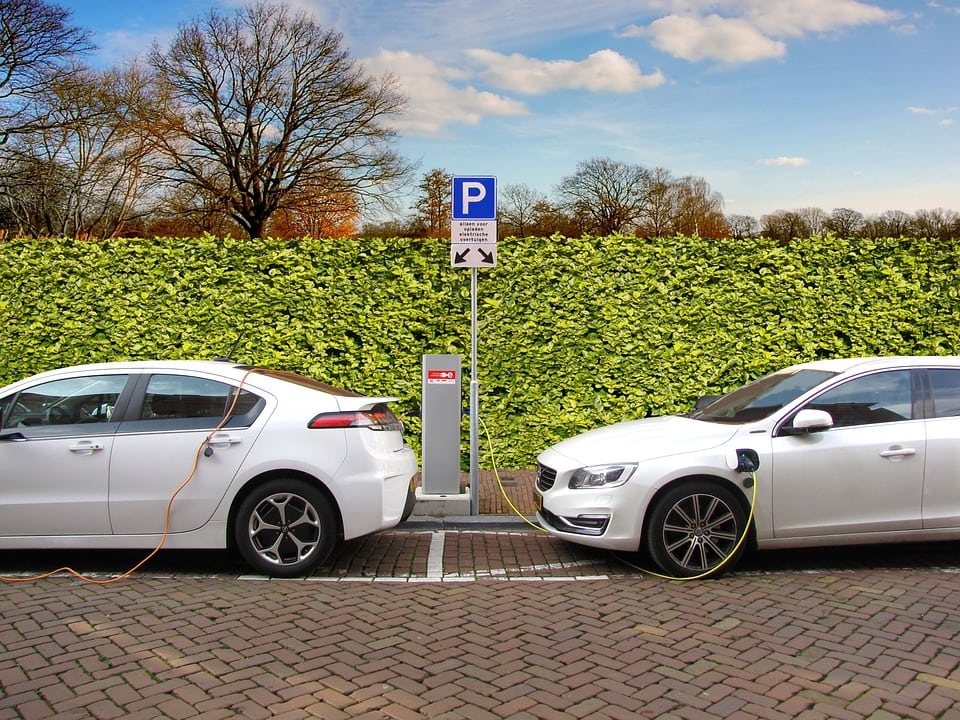The popularity of hybrid cars has increased considerably over the past couple of years and the sight of a hybrid car is becoming more commonplace. Hybrid powered cars can now be found in just about all classes of car, Hyundai, Mitsubishi, Kia and Nissan have all embraced hybrid technology and have manufactured vehicles to meet the demand for both commercial and personal use and where they can be easily hired from companies like Hire Brid, they have come perfect cars for Uber..
In basic terms Hybrid vehicles run with two engines, a fuel powered engine and an engine powered by battery. Plug-in Hybrid Electric Vehicles are powered at lower speeds by electricity from the battery and are powered by gas at higher speeds. As a nation we are becoming more environmentally aware and governments have provided incentives to drivers that choose vehicles that have less of a negative impact on the environment. These are all contributory factors to the hybrid cars popularity.
What are the pro’s and con’s of a hybrid vehicle in comparison to a traditional gas powered vehicle?
Pro’s
Environmentally friendly – hybrid cars run on a combination of gas and electricity, therefore gas consumption is lowered. The fuel used is therefore much cleaner and kinder to the environment.
Economical – Driving a hybrid vehicle gives more miles to the gallon in terms of gas consumption, this is because airconditioning and moving at lower speeds in traffic uses electricity rather than gas, therefore less money spent at the pump!
Incentives – Incentives given to drivers of hybrid vehicles from the government help to make them affordable. Most congestion charges don’t apply to hybrid vehicles, tax bills are lower and fuel consumption is much less.
Regenerative braking system – hybrid vehicles have the ability to regenerate the power in their own battery. This is due to a mechanism in the braking system which utilises the energy released from breaking in order to charge the battery. This reduces the number of charging stops required.
Lightweight – hybrid vehicles are normally constructed from lightweight materials, which means less fuel is required to run the vehicle. This is another economy saving feature.
Con’s
There are a few disadvantages of owning a hybrid vehicle, but not many. The benefits far outweigh the negatives.
Expensive to purchase – currently the cost of buying a hybrid vehicle is high and although they have become more common a lot of buyers remain priced out of the market. Hopefully in time the cost will lower. It would be difficult to predict if investing in a hybrid vehicle would work out more economical in the end, as you would need to travel many miles to see any savings made in fuel compared to purchase price.
Maintenance – the cost and ease of maintaining your hybrid car could be a disadvantage. This is due to the technology being fairly new to the market, therefore expert mechanics are hard to source. As the market changes this problem will be lessened considerably.
Performance – hybrid cars can be poor to handle in adverse weather conditions due them being constructed from lightweight materials and the unpredictable weight distribution caused by the battery location. Hybrid cars are also built for economy rather than speed, so can lack in performance.
Hybrid cars are here to stay and will definitely become commonplace in the future as prices lower.







